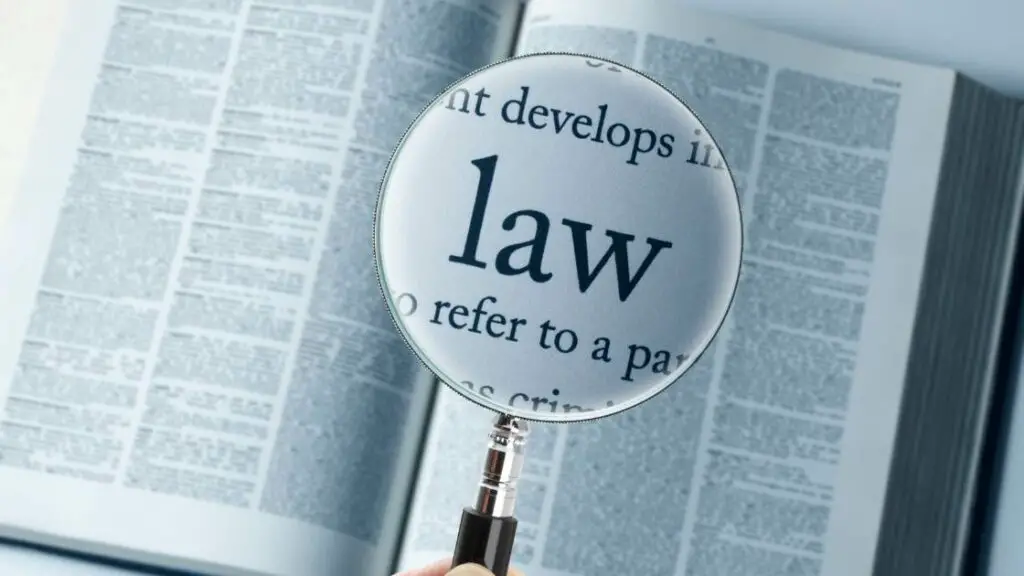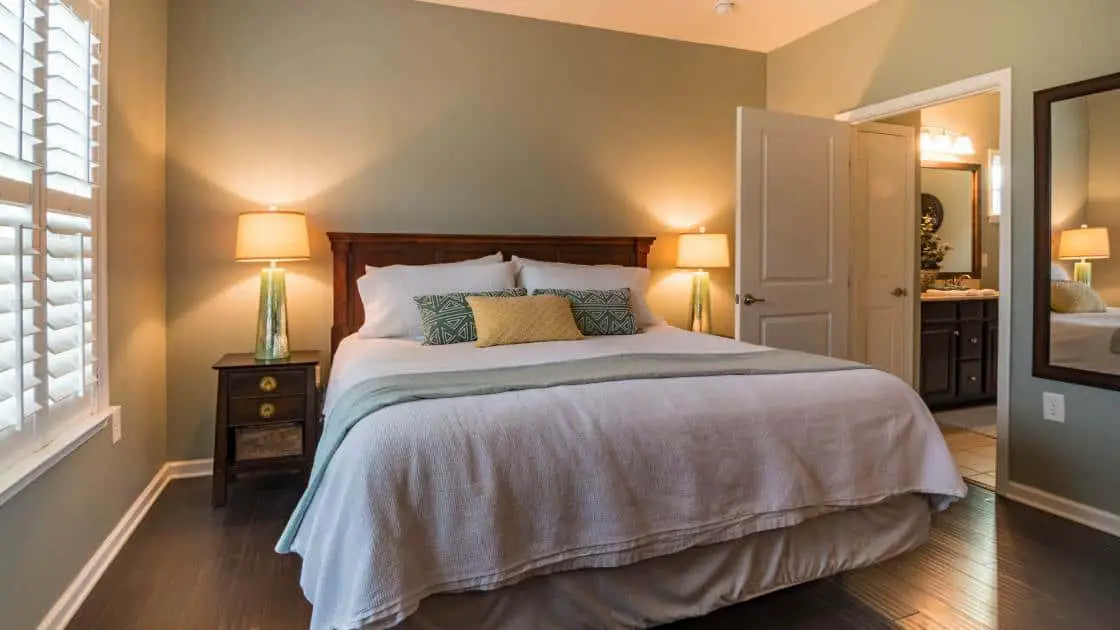Has you landlord entered into your bedroom (or asked to do so) and made you feel uncomfortable?
It can feel like a major violation of privacy, especially if they did so without your knowledge or permission.
In this article, I am going to cover when your landlord can go into your bedroom, including some of the things you need to look at to figure out if this is permitted.
The short answer to the question is as follows:
As a general matter, your landlord may enter your bedroom if it’s part of a routine inspection of the premises or there is a repair or issue that needs attention in the bedroom. In most cases, landlords must provide notice prior to entering your dwelling and you have the right to be present during the visit.
Ok, we’ve got a lot to cover, so let’s get into it.
The information contained in this post is for informational purposes only. It is not legal advice. You should seek the advice of a qualified legal professional before making any decisions relating to the topics covered by this article.
We may earn commissions from products and services that are purchased or recommended through our website as part of our affiliate partnerships. As an Amazon affiliate, we may earn from qualifying purchases.
What Are the Rules Around When Your Landlord Can Enter Your Bedroom?

In the United States, landlord-tenant laws vary from one state to another.
However, as a general matter, there are some common principles that apply to when a landlord may enter your leased premises.
First, tenants generally have a right of quiet enjoyment.
This is implied in every lease, even if it is not expressly stated in the lease and simply means that the tenant is entitled to have quiet and peaceful possession of their home.
That means the landlord must must refrain from action which interrupts the tenant’s beneficial enjoyment. Source.
So they can’t constantly badger you and insist on entering your place all the time and without notice. Of course, this includes entering your bedroom.
Another common rule found in landlord-tenant laws across the states is the requirement of the landlord to provide you prior notice before entering your premises.
The written notice should contain the date, time, and purpose of entry. It is often given at least 24 hours before entry. And, depending on your state’s requirements and your lease terms, it may be posted on your door or slipped under it so you won’t miss it.
Now there are some notable exceptions to the prior notice requirement, such as in the event of an emergency (e.g., an emergency repair, flooding, fire, etc.).
If you want to learn more about the notice requirements in your state, check out my landlord-tenant laws page, which contains the official laws for each state and Washington, D.C.
If you prefer to have a lawyer assist you, I would try JustAnswer. They boast access to thousands of highly-rated, verified real estate lawyers whom you can connect with via their unlimited chat service.
By clicking the banner below, you can get a one week trial membership for only $5, which you can cancel at any time.

Ok, now that we have covered general principles, let’s get into some specific situations where a landlord may enter your bedroom.
Specific Situations When a Landlord May Enter Your Bedroom
If you are faced with a situation where your landlord wants to enter your premises, including your bedroom, and you want to evaluate if the request is legitimate, the first place you should check is your lease.
In my lease, the relevant provision is entitled “Access to Premises” and spells out in detail when the landlord can enter the dwelling.
Most leases include something on the topic, so chances are good your lease will too.
Here are some of the specific situations where access to your bedroom may be permitted under the lease:
Conduct Routine Inspections

Rental property business owners generate revenue from the units they own. So, they make sure that the value of their investment doesn’t go down.
How do they do that? By carrying out routine inspections. Inspections are often conducted quarterly, twice a year, or annually, depending on the landlord’s property management policy.
Regular checkups on their property will allow them to catch minor damage early and make prompt repairs. This will help them avoid further additional costs, all the while maintaining their unit’s worth.
In most cases, a landlord will inspect the entire premises, including the bedroom, so you should be prepared for that.
Make Repairs

Landlord may also enter your unit to make agreed upon repairs or make emergency repairs (as noted above). So if you have notified your landlord that something needs to be fixed, you obviously can’t complain when they show up to do the repairs, provided that they have provided reasonable notice.
Of course, if the repair is taking place in the kitchen, there is really no need for the landlord to insist on checking out your bedroom in the process.
Show the Unit to Prospective Buyers or Tenants
If your lease is up soon and you’re not renewing it, your landlord can hold showings of your apartment for potential tenants. Typically, this is done within the last 30 or 60 days prior to the end of your lease.
However, your landlord should still observe the proper notice regulation before doing so.
Your landlord may also show the unit to prospective buyers. This can happen any time during the lease, but is often done by appointment.
In the Event of an Emergency
As mentioned above, in the event of emergency situations, your landlord is allowed to enter your living space without proper notice.
Situations are considered emergencies if they’re unexpected circumstances that need immediate action. These include fires, significant water leaks, major sewer backups, etc.
Abandonment of Premises
Your landlord can go inside your unit if they suspect that you have abandoned, vacated or surrendered the property.
In some states, your rented living space is going to be considered abandoned if it shows signs of being unoccupied without rental payment for at least 15 days.
What You’re Supposed to Do When Faced with a Request for Entry
If your landlord has given you proper notice and a legitimate purpose for entry to your apartment, you’re generally obligated to let them in.
However, this doesn’t mean that they’re free to choose whenever they’d like to go into your home. Most state laws allow landlords to access your unit only at reasonable times (in many cases, normal business hours, which are 9:00 a.m. to 5:00 p.m. Monday through Friday).
If you’re uncomfortable with letting your landlord enter your living space when you’re not around, you may request to have the date of entry changed to when you’re sure you’d be home.
You may also reach an agreement with your landlord concerning the number of times they can go inside the property.
Conclusion
The bottom line is your landlord does have access to your humble abode, but there are guardrails that they must observe.
They can’s simply get into your home whenever they want to.
Keep in mind the situations we’ve talked about and the limitations that landlord have so that when the time comes, you’ll know what to do.

